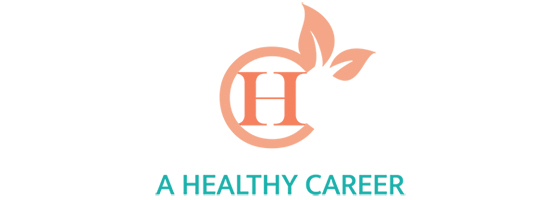It’s that time of year when we are mostly indoors. Sometimes that means rain, other times bitter cold, snow and yes, even intense heat or work schedules can drive us indoors for days on end. Soon that cozy feeling leads to one of cabin fever. You want to get outside for a break but the climate, or workload, won’t cooperate.
“‘Cabin fever’ is a term that represents how a living being – human or otherwise – may begin to feel when isolated or confined indoors,” explains Nicole Guerton, owner of Dynamic Wellness LLC.
“The term is often used to describe restlessness or subdued mood folks experience when they live in extreme conditions (where it may actually be dangerously cold or hot outdoors).”
She also describes how it can occur even when you limit your interpersonal or nature interaction due to illness, caring around-the-clock for a loved one, or working extra hours for weeks or months on a work project. And as busy career professionals you’ve probably experienced cabin fever from time to time working most of the day indoors, especially if natural light is limited.
“People and pets are impacted psychologically by the decreases in natural light, interpersonal social connection, and physical activity,” says Coach Nicole.
“Our brains are powerful and psychological stress impacts not only mental health but also physiology. As a well-being coach, I work with individuals and families (including my own!) to mitigate doldrums by brainstorming ideas to meet physiological needs and personal preferences.”
This begins with paying attention to why you’re feeling isolated and how you can include more natural, social, curative and inspirational approaches into your day.
Natural: “In non-weather-related situations, one’s innate need to connect with nature may have slipped lower on the priority list,” says Coach Nicole. Her clients share that time and exhaustion are in their way of their taking time to connect with nature or not letting the effects of cabin fever take over before it’s too late.
While she encourages interacting with nature to help lesson cabin fever, she cautions that in extreme weather conditions, it’s wise to limit exposure to outdoor elements; in those instances look for ways to bring nature indoors. She suggests opening windows to allow sunlight to fill the room, experimenting with growing flowers or plants indoors, or taking short walks during times when temperatures are safe such as early mornings or late afternoons on extremely hot days.
Social: Being around other people, even interacting with animals, like pets, can go far in lessening the feelings of isolation. These interactions should be more intimate than turning to social media or online interactions that can actually do more damage than good. Since the majority of the population posts their wins, successes and images of perfection on social media, it’s a proven link to anxiety, sleeplessness and depression.
Instead, find ways to be around others. If the weather is limiting, visit a neighbor. If you are confined due to illness or other conditions, pick up the phone or use FaceTime to connect with those who bring positivity into your life. Even dialing the radio or television down to a lower volume can break up the isolation and monotony. And if your cabin fever is a result of being a busy and overworked career professional, it’s highly advised that instead of skipping lunch, take a break for at least a half hour to eat a healthy meal and enjoy good company.
Curative: “During times of non-clinical depressed mood or irritability, general recommendations include keeping a regular sleep-wake cycle, staying hydrated, making a meaningful social connection each day along with finding ways to practice gratitude as often as possible,” advises Coach Nicole. “Be creative and explore ways to infuse both micro- and macro-practices of self-care during ‘cabin fever,’ just as you would during other times of stress.” While she emphasizes prioritizing self-care and making the choice to be well, she also stresses asking for help when needed.
“If you are or if someone you love is concerned about your mood, contact your primary care provider,” reminds Coach Nicole. “Mental health and mental illness need intentional care and sometimes requires medical attention.”
Inspirational: The definition of inspiration is highly subjective. For some it’s creative, for others it’s spiritual and still others define inspiration as what keeps them going strong, with purpose and motivation. When it comes to utilizing inspiration to combat cabin fever, start by identifying what that means to you.
“A helpful strategy could be to think about what tends to fill your proverbial cup,” says Coach Nicole. “Ask yourself, what inspires or energizes you? Then consider how to create opportunities in either micro, or macro, moments of those inspirations.” This may include exercise, getting lost in a book or art project, or spending your afternoon away from the office working at a coffee shop or natural lit conference room. If time is limited, “maybe spend 30-60 seconds writing a gratitude list, or three minutes of deep abdominal breathing, or take a five minute walk to a different work space and spend time in natural light at a large window,” says Coach Nicole.
We’ll all experience cabin fever from time to time; but when you feel like bouncing off the walls, there are several ways to combat it. While tuning into yourself and discovering why you’re feeling isolated is the first step, the next is experimenting with solutions. So to be better prepared for the next time the weather—and your work schedule—is not conducive to getting outdoors, take a few moments this week to identify the natural, social, curative and inspirational approaches you’ll use to combat cabin fever.
Kim Monaghan, PCC, RYT, CPBS is the owner of KBM Coaching & Consulting LLC, a boutique Human Resources Consulting and Career Coaching Firm serving a national clientele.

